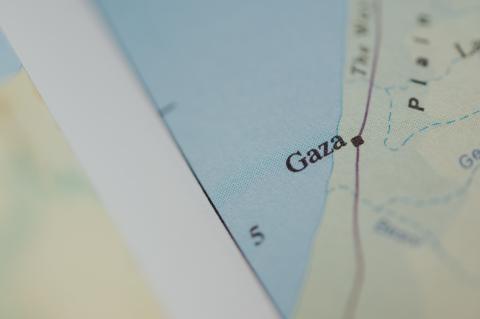For too long, the Saudis have complained about the 'loss' of Iraq to Iranian influence without acknowledging that their almost complete refusal to establish ties with Baghdad achieved little other than creating the vacuum that Tehran has sought to fill. But there are signs that Riyadh has changed tack and has decided to contest Iran's influence in Mesopotamia.
Work on reopening the border crossing between Iraq and Saudi Arabia at Arar has been completed and there are plans to open the other seven crossings. Having been closed for the most part since Iraq's invasion of Kuwait in 1990, this is a potentially significant event.
The border reopening follows on from an increasingly active effort at establishing some person-to-person links through senior visits. In February, Saudi Foreign Minister Abdel al-Jubeir broke a 20-year drought by visiting Baghdad. Iraqi Prime Minister Haider al-Abadi visited Saudi Arabia in June this year and last month the Saudi Chief of General Staff Abdulrahman al-Bunyan reciprocated, at which time the decision to reopen the border crossing was made.
Iraq has sent trade delegations to Saudi Arabia seeking investment, but perhaps the most interesting visit occurred in the past few days, when Muqtada as-Sadr made a very public visit to the Kingdom and had a meeting with the Crown Prince. As-Sadr represents an interesting line of contact for the Saudis – an ambitious and enigmatic Shi'a cleric-politician who portrays himself of late as an anti-corruption Iraqi nationalist. Both he and the Saudis potentially benefit from a closer relationship in the future. Regardless, the public nature of the meeting itself has served as a further message to Tehran that Saudi Arabia may finally have decided that the only way to limit Iranian influence in Iraq is to actively challenge it.

